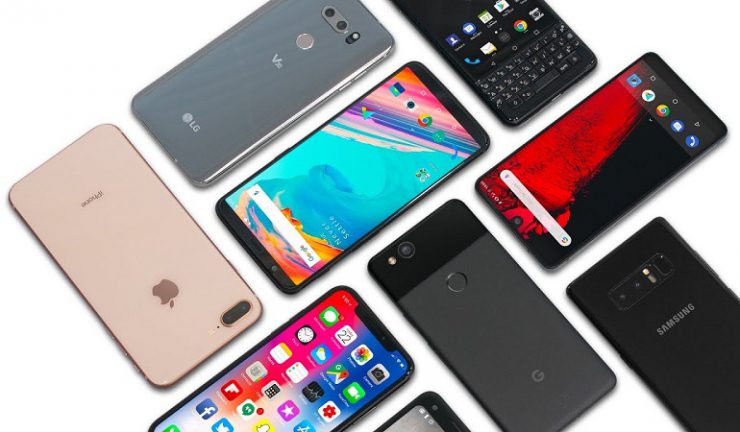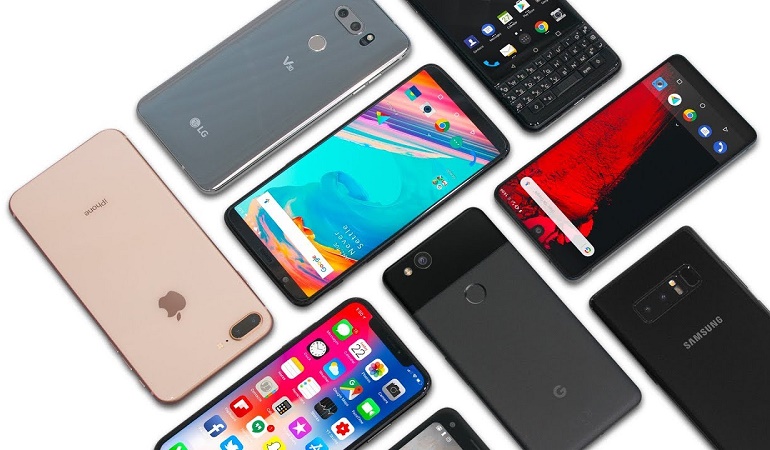Higher product life cycle.
Australians are holding onto their mobile phones, using more data, watching more TV and increasingly being influenced by Google, Amazon and Apple.
The 2018 Deloitte Mobile Consumer Survey showed almost a quarter of Australians are watching live TV shows on their phones each week and with 5G around the corner, world trends suggest the smartphone could rival the traditional TV for viewing attention.
Users are also trading passwords for fingerprints, with a 23% lift in the take up of biometric fingerprint authentication on phones. This includes a 53% lift in those using finger print technology to authorise payments and purchases, and a 67% lift in fingerprint technology to authorise money transfers to other people.
While the overall number of people using their mobiles for in-store transactions remains stable at 26%, further integration of fingerprint technology could be the key to greater phone-uptake at the cash register by offering increased security with the convenience of multiple cards in one smartphone ‘wallet’. The survey also suggested that market penetration has reached saturation point, with 89% of Australians (88% in 2017) now owning one.

While we seem prepared to pay more for handsets, which can be as much as the cost of a laptop, when we do buy the number of people with new phones, less than 18 months old, has fallen to 58% from 61% in 2016 and more have older phones that are 18-30 months old.
Deloitte partner and national telecommunications lead, Peter Corbett, said this did not mean our obsession with the smartphone was wavering in any way.
“Over the last 10 years, the story of mobility has focused on access and the proportion of phone users is now unlikely to rise significantly,” Corbett said. “What we are seeing is a shift to understanding the many ways we can interact with mobile technology and the influence it has on human behaviour. The extent to which smartphones occupy our lives is growing, and overseas comparisons suggest we are far from peak usage.
“The smartphone is becoming even more central to the way we work with 70% using them for work, while 90% of businesses rank a connected work place in their top priorities, the way we access entertainment and how we carry out our daily lives. A consumer’s choice of phone impacts their access to the cloud, the expanding world of voice assistants, streaming services, smart home technologies, the ways people pay for goods and services, and even monitoring their daily health,” he said.
According to Corbett the impact of replacing a handset can now have significant influence on the services accessed, which is another reason why people are changing phones less often.

